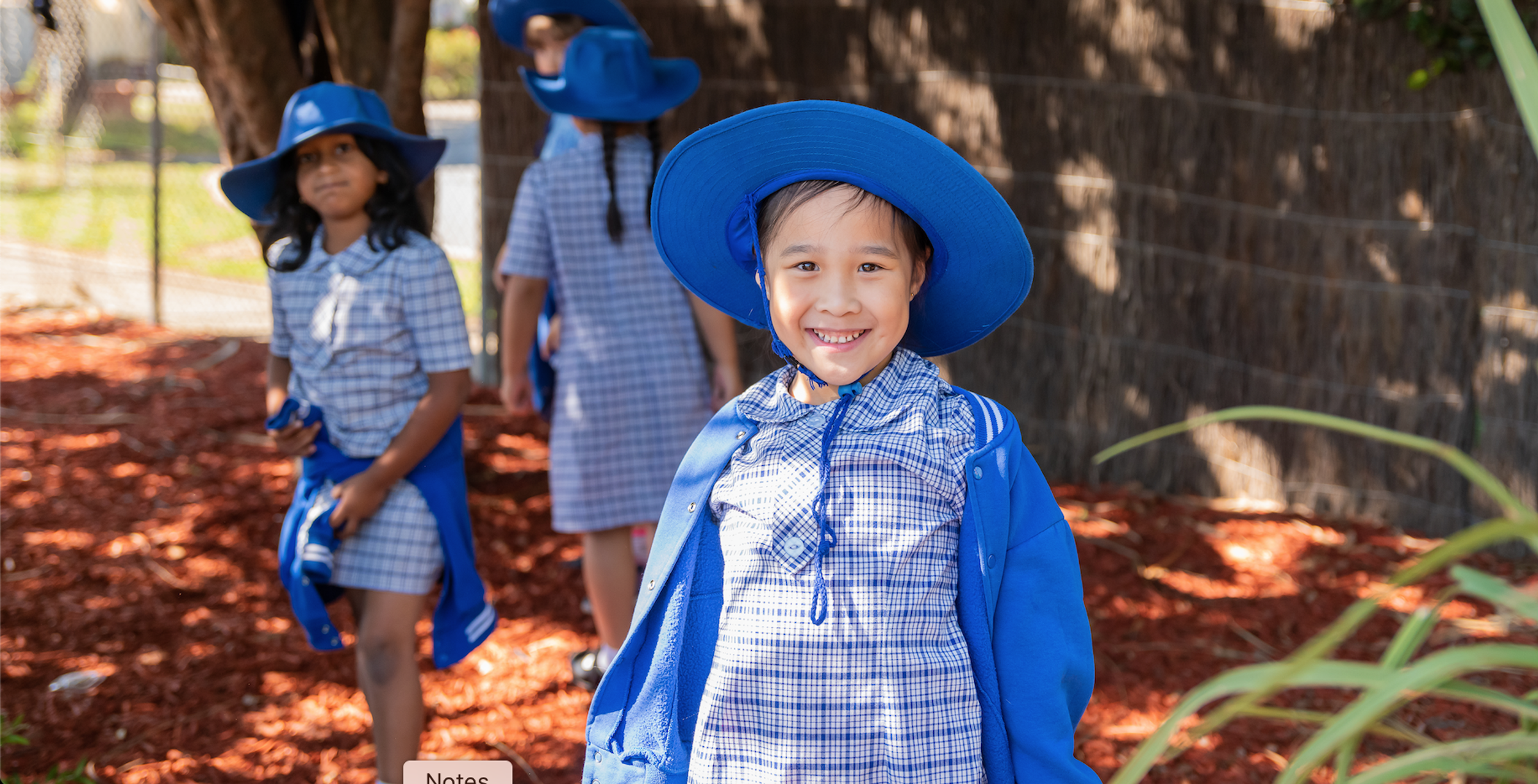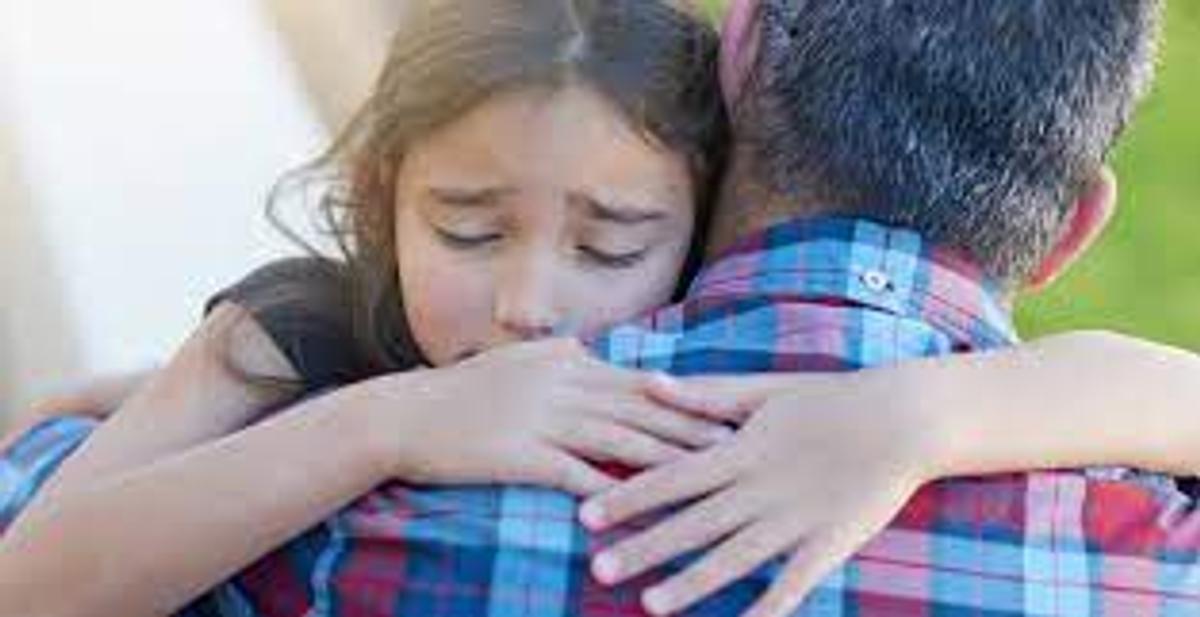Wellbeing

Resilience: Dealing with bullying (taken from Beyond Blue: Healthy Families)
Bullying is all about power – making yourself feel bigger and stronger by putting someone else down.
Bullying involves deliberately and repeatedly attempting to hurt, scare or exclude someone. And it can be overt – hitting, pushing, name-calling – or more indirect, such as deliberately leaving someone out of games, spreading rumours about them, or sending them nasty messages.
Whatever form it takes, bullying can be incredibly damaging. It causes distress and can lead to loneliness, anxiety and depression. Bullying can also affect children’s concentration and achievement at school.
When children have been bullied they may:
There might be other reasons for some of these signs in your child, so it’s best to talk together about what’s going on and any changes you’ve noticed.
|
Raising the issue
If you suspect your child is being bullied, it can be hard to know how to raise it with them. Some kids try and hide what’s happening, or feel ashamed, afraid or might not want you to worry or make a big deal. Often children just want the bullying to stop without confronting the issue or drawing attention to it.
They might find it uncomfortable discussing their feelings and emotions openly with you, or get angry and defensive when you ask if they’re ok. Try to stay calm, and realise you may need to raise the conversation in different ways over time to get a response.
- Listen and provide support.
- Try to understand what has been happening, how often and how long it has been happening
- Encourage social skills and clear communication – being assertive, telling the bully to stop and seeking help
- Come up with some practical steps and strategies together – who they can talk to at school and what they can do when the bullying is happening.
- Talk with your child’s teacher and ask for help.
- Keep talking with the school until your child feels safe.
If your child tells you about bullying they’ve seen or heard at school:
- encourage your child to report what they’ve seen or heard to school staff
- encourage them to stand up for the child who is being bullied. It can take a lot of courage to be an ‘upstander.’ Just walking their friend/peer away from a confrontation and reporting to an adult at school can be the most practical thing to do.
If your child is doing the bullying:
- make sure your child knows bullying behaviour is unacceptable and why
- try to understand the reasons why your child has behaved in this way and look for ways to address problems
- encourage them to think about the other person’s perspective, such as “how would you feel if …”
- help your child think of alternative ways of dealing with situations and communicating their feelings.
Parents, please remember that all incidents of bullying should be reported to the school so we can follow up.
Earlier in the section, ‘Raising the Issue,’ the comment about children just wanting bullying to stop without drawing attention to it was made. At times, some children may feel that if they speak out the bullying will increase. We help children to understand that by doing nothing, the behaviour of the bully may not stop.
Parents, teachers, and school administrators can help students engage in positive behaviour and teach them skills so that they know how to intervene when bullying occurs.
So how does this fit into RESILIENCE?
Equipping children with emotional resilience helps them adapt to and overcome difficult situations. Resilient children also tend to persevere through all types of challenges even when being bullied.
Connie Drossaert
Wellbeing Leader



